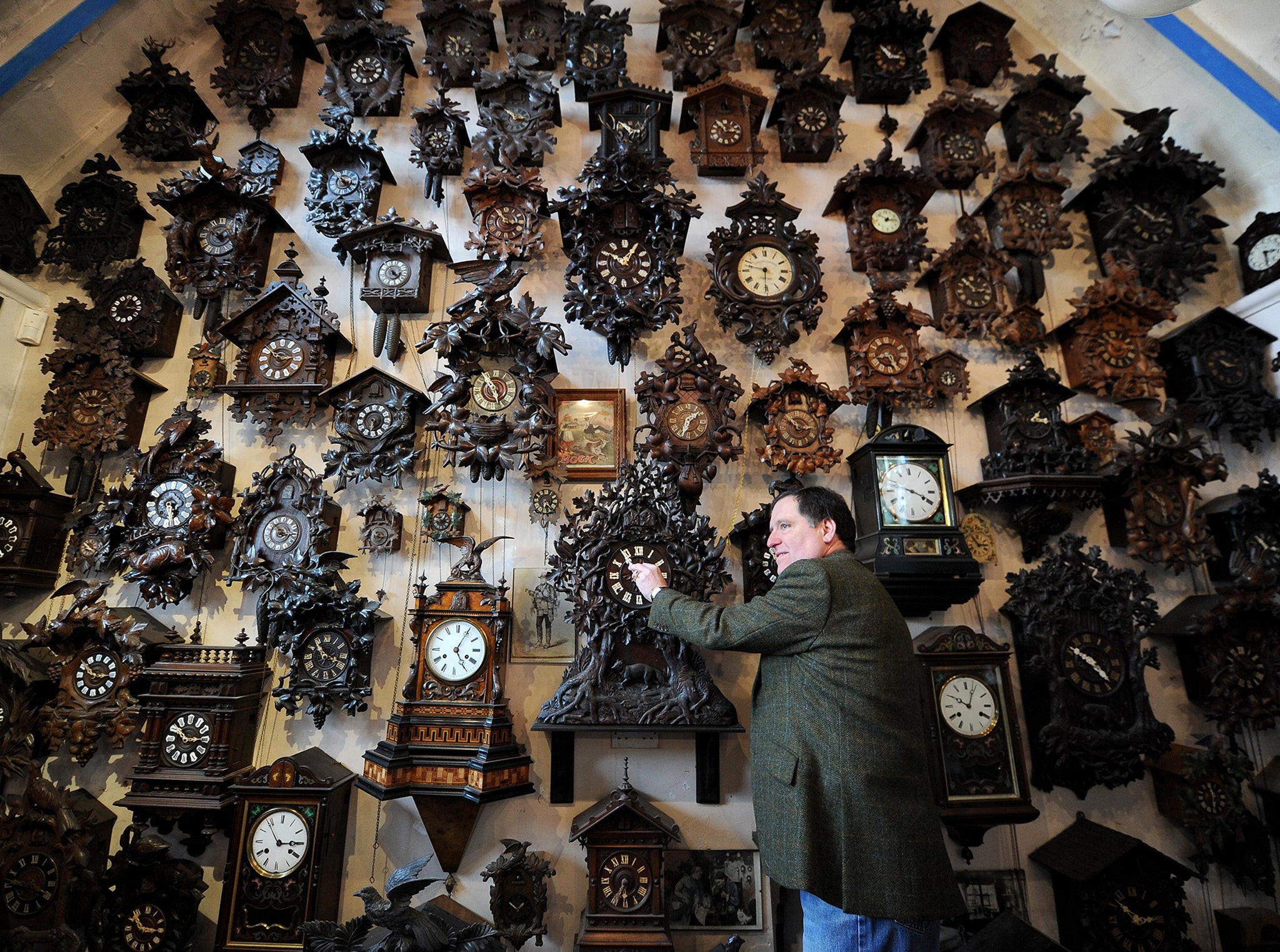What time do the clocks go forward in the UK? Everything you need to know about the coming time change
This is the one hour change you won't like

Waking up with the sunshine competing with the curtains makes the morning bed to bathroom commute somewhat easier.
British Summer Time is on its way, bringing more light to your day but it comes at the cost of an hour... sacre bleu.
To help you prepare for the clocks moving forward thanks to Daylight Savings, here is our quick guide:
1. When are the clocks going forward?
Clocks will go forward one hour at 1am on Sunday 26th March.
For those worrying about forgetting - set any alarms on your smartphones.
Just to doubly make sure - click on the 'Date and Time' settings tab on your Android or iPhone to check you have set the phone's clock to update automatically.
Probably still best to set a reminder and change alarm and kitchen clocks on Saturday to avoid the sinking feeling on Sunday morning of a shortened lie-in.
2. How will this affect me?
Other than that initial loss of an hour - the extra hour of daylight should be pretty pleasant.
However, if you are planning to travel or Skype someone abroad keep this in mind - We are no longer Greenwich Meridian Time (GMT) but British Summer Time (BST) which is sometimes labelled as GMT+1.
As if time zones were not complicated enough.
3. When will clocks go back again?
We will lose an hour and return to GMT on Sunday 29th October at 2am.
Perfect time to book in an extended Saturday night out.
4. Why was Daylight Savings introduced?
In the UK, Daylight Savings time was officially introduced following The Summer Time Act of 1916.
The law followed a campaign by builder William Willett - the great great grandfather of Coldplay singer Chris Martin - who was a lifelong advocate for Daylight Savings.
He believed that during summer it would save on energy costs and enable people to have more recreation time outdoors.
“Everyone appreciates the long light evenings,” Mr Willet wrote in 1907.
“Everyone laments their shrinkage as the days grow shorter, and nearly everyone has given utterance to a regret that the clear bright light of early mornings, during spring and summer months, is so seldom seen or used.”
However, the need for increased labour during the First World War is thought to be the main reason the government making Daylight Savings law.
Subscribe to Independent Premium to bookmark this article
Want to bookmark your favourite articles and stories to read or reference later? Start your Independent Premium subscription today.

Join our commenting forum
Join thought-provoking conversations, follow other Independent readers and see their replies